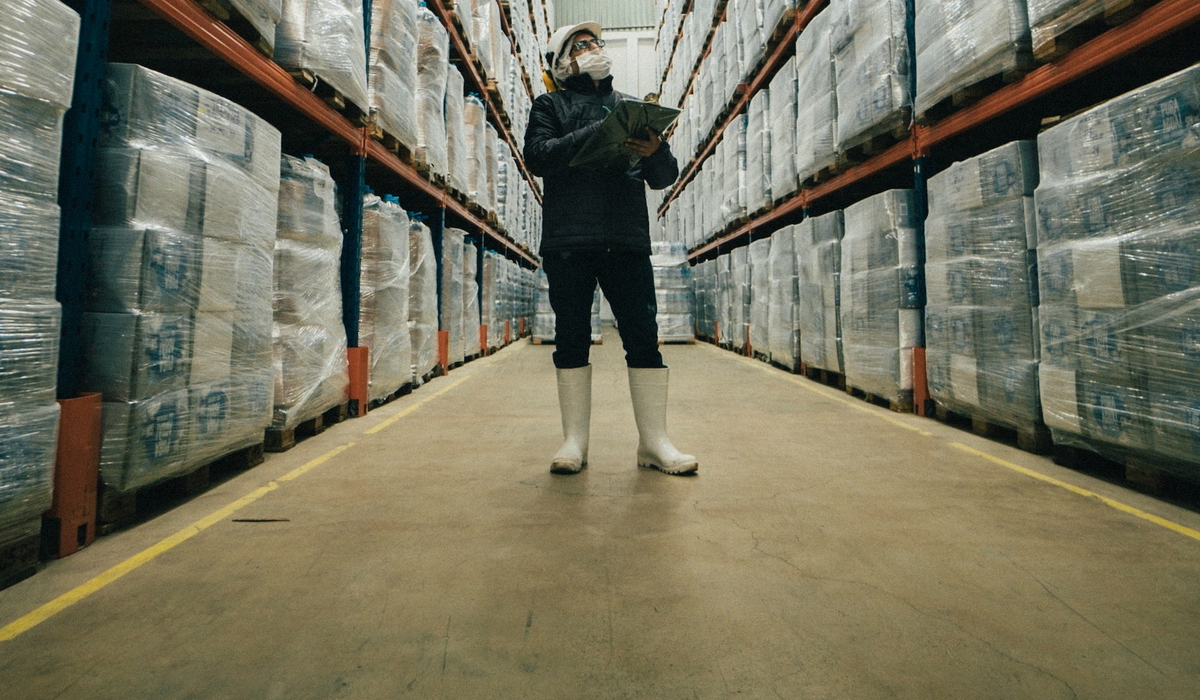
Industrial coatings protect surfaces from wear, tear, and environmental damage in various industrial applications. These coatings vary in composition, thickness, and durability depending on the needs of each specific coating project.
Choosing a suitable industrial coating from Extreme Industrial Coatings can be daunting, given the range of options available. That’s where the complete guide to coatings comes in handy. It provides insights into the types of industrial coatings available, their applications, and their benefits.
The guide covers everything from the most popular coatings, like epoxy, polyurethane, and acrylic, to less common options, such as ceramic, fluoropolymer, and silicon. It discusses essential factors when selecting an industrial coating, including substrate type, environment, and coating application method used by Extreme Industrial Coatings.
Definition, importance, and History of industrial coatings
Coatings refer to protective layers applied to various surfaces such as metal surfaces, concrete surfaces, stainless steel, or wood to enhance their durability, performance, and appearance. These industrial coating solutions are essential in industries as they prevent corrosion and provide resistance against chemicals, UV light radiation, moisture, and abrasion.
They are used for projects ranging from metal surfaces to modern high-tech polyurethanes. They improve the overall lifespan of the surfaces, reduce maintenance costs, and ensure optimal functionality.
Ideal industrial coating formulation uses innovative materials like polymers, ceramics, and composites to meet what industrial coatings require for aerospace, automotive, construction, and marine sectors. With the increased demand for sustainable and environmentally friendly industrial coating solutions, the industry is continuously evolving to provide more efficient and eco-friendly options.
What are the different types of industrial coatings, and what are their applications?
There are several types of coating material, including epoxy, polyurethane, acrylic, silicone, urethane coatings, and zinc coatings. Each coating system has unique properties and applications. Epoxy coatings are known for their exceptional durability and are commonly used in the aerospace, automotive, and construction industries. They have excellent chemical resistance and durability, ideal for industrial floors, warehouses, and garages.
Polyurethane coatings are moisture-resistant and used in marine, automotive, and construction industries. They offer high abrasion resistance and flexibility, making them suitable for automotive and aerospace applications.
Acrylic coatings are weather-resistant and are commonly used in the automotive and aerospace industries. Acrylic coatings are popular for their UV radiation resistance, making them ideal for outdoor structures like bridges and stadiums. Because of their excellent heat and chemical resistance, silicone coatings are widely used in the food processing and pharmaceutical industries.
Coating processes use various methods, including spray coating, brush coating, dip coating, and rolling. Brushing applications are commonly used on flat surfaces. These coatings protect equipment from corrosion, chemicals, extreme weather conditions, and other harmful environmental factors. Application use determines the coating properties needed.
Overview of epoxy, polyurethane, acrylic, and other coatings
Epoxy, polyurethane, acrylic, and other coating systems are commonly used in various industries for their protective, aesthetic, and functional properties. These coatings have the resin found in industrial paints.
Other standard coatings include alkyd, silicone, and fluoropolymer, each with unique attributes. Alkyd coatings for steel structures are prized for quick drying time and durability, while silicone coatings offer excellent heat resistance and weather ability. Zinc coatings are also effective coatings for steel.
Fluoropolymer coatings, such as PTFE or Teflon, provide electrical insulation known for superior nonstick properties and resistance to chemicals and heat. The choice of industrial coating depends on the specific application and the desired coating properties, such as durability, chemical resistance, or UV resistance.
What are industrial coatings, and why are they important?
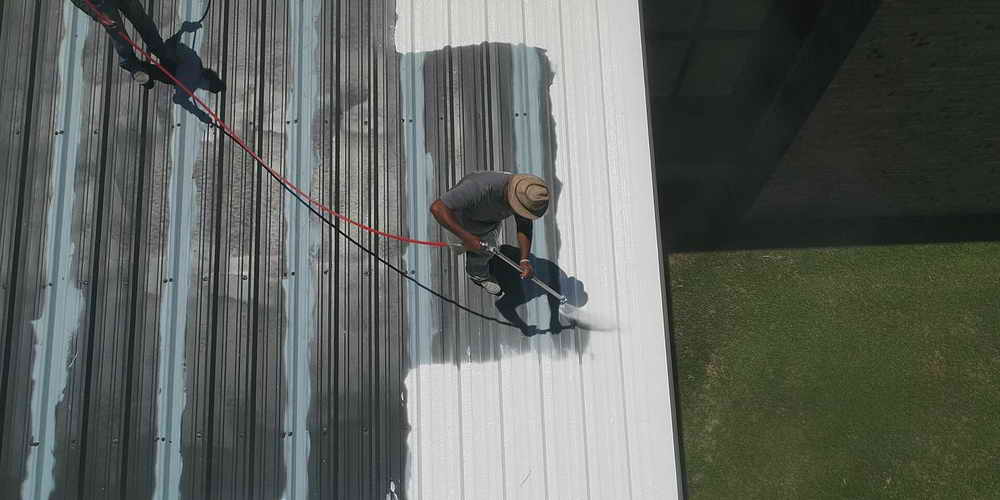
Coatings are specially formulated paints or coatings that protect industrial equipment, infrastructures, and buildings from various environmental factors. These coatings can be made from different types of material, depending on the nature of the project and the coating requirements.
Coating systems are crucial in the overall protection and durability of various surfaces and structures. They provide excellent resistance against corrosion, chemicals, abrasion, and weathering, thus extending the life of the protected equipment or infrastructure.
They improve the physical appearance of the surfaces they coat, making them more attractive and easier to maintain. Industrial coatings are essential to many industries, including manufacturing, oil and gas, transportation, construction, etc.
These specialized coatings are necessary for these industries to experience significant downtime, increased maintenance costs, and potential safety hazards. Investing in high-quality coatings is wise for any company looking to protect its assets and maintain uninterrupted operations.
What are the different types of industrial coatings, and what are their applications?
Industrial coating applications use various methods, including spraying, brushing, and rolling. These coatings protect equipment from corrosion, chemicals, extreme weather conditions, and other harmful environmental factors.
Powder coating is a technique in which a fine powder is applied to a surface and uses heating to create a smooth, durable finish. The powder is typically made of resin, pigment, and additives and comes in various colors and finishes.
The powder coating process begins by applying an electrostatic charge to the particles of powder, which are then attracted to the grounded surface. Temperature specifications apply once the powder is evenly distributed, causing the particles to melt and fuse, forming a solid and protective layer.
Powder coating offers many advantages over traditional liquid paint, including increased resistance to chipping, scratching, and fading. Powder coating is also more environmentally friendly as it produces less waste and eliminates the need for solvents.
Powder coating is commonly used in industries such as automotive, aerospace, and furniture manufacturing, as well as in home appliances and outdoor equipment. Powder coatings are an excellent way to decorate and serve as protective paint.
Examples of where coatings are used in different industries
In the automotive industry, coatings are commonly applied to cars, trucks, and motorcycles to protect against corrosion, scratches, and UV damage. Industrial coatings are utilized in manufacturing plants to protect equipment and machinery from wear and tear and to improve their lifespan.
Aerospace coatings are applied to aircraft to reduce friction and enhance aerodynamics. The construction industry also extensively uses coatings on building materials like wood, concrete, and metal to resist weather and improve durability. The electronics industry utilizes coatings to protect circuit boards and components from moisture, dust, and corrosion.
In the healthcare sector, coatings are used on medical devices and equipment to ensure sterility and prevent contamination. Coatings play a crucial role in a wide range of industries by providing protection, improving performance, and prolonging the lifespan of various products.
How to choose suitable industrial coating materials for your needs?
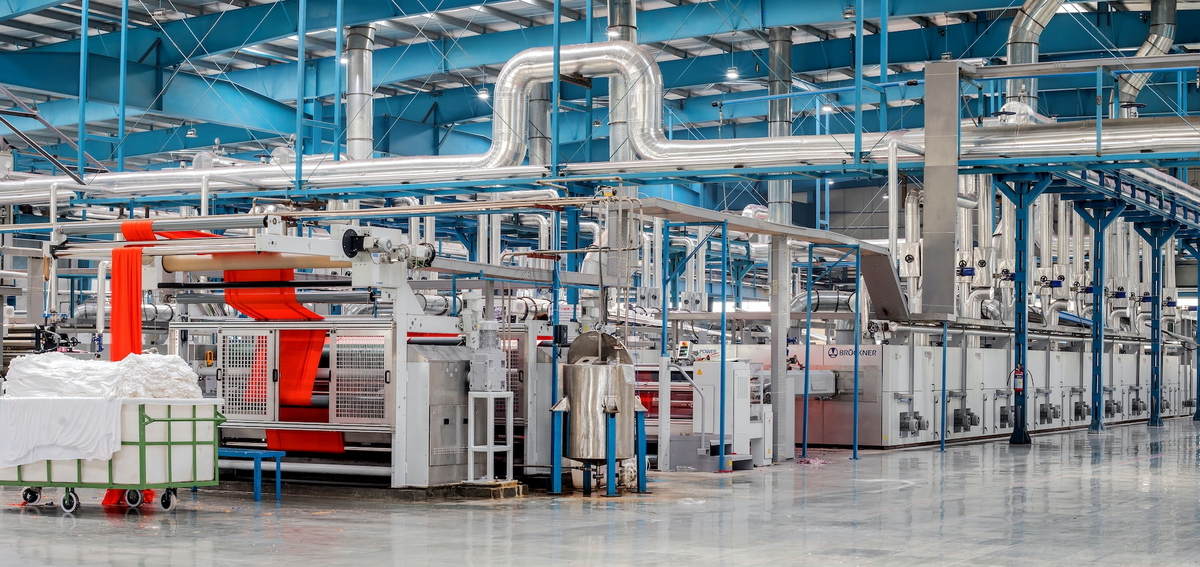
Several factors must be considered when choosing the suitable industrial coating for your needs. You need to determine the type of surface that requires industrial coating. Different surfaces, such as metal coating, concrete, or wood, will require different coatings.
You should assess the environmental conditions the industrial coating will be subjected to, such as exposure to chemicals, extreme temperatures, or humidity. Environmental conditions help determine if a corrosion-resistant, heat-resistant, or moisture-resistant industrial coating is necessary. It is crucial to consider the intended use of the coated surface for optimal coating results.
Will it be exposed to heavy traffic, chemicals, or abrasion? They will determine the durability and accurate thickness control required. Most industrial coatings have a certain thickness that ensures they cover the part but do not obscure small complex details.
Considering the industrial coating solution’s cost and ease of application is essential. Some coatings may require specialized equipment and experienced applicators, which can increase the overall cost. By carefully considering these factors, you can choose the suitable industrial coating that will meet your needs.
What benefits do industrial coatings provide?
Coatings provide a range of benefits to various industries. One of the main advantages is protection against corrosion. Industrial coatings create a barrier between the substrate and the corrosive environment, preventing damage and extending the equipment’s or structure’s lifespan.
These coatings can provide high heat resistance, making them suitable for high-temperature applications. They also offer excellent chemical resistance, protecting against spills or leaks that could damage the substrate.
Another benefit is their ability to enhance the aesthetic appearance of surfaces. Coatings come in various colors and finishes, allowing companies to customize their equipment or products to match their branding or design preferences.
These coatings can improve the overall durability of the substrate surface preparation, making it more resistant to wear, abrasion, and impact damage. By providing all these benefits, industrial coatings increase productivity and reduce maintenance costs in the transportation, manufacturing, and construction industries.
Durability, corrosion protection, aesthetics, and more
Extreme Industrial Coatings keeps up with the latest trends. One of the latest trends in coatings is the increase in demand for coatings that provide superior durability. Industrial equipment and machinery are exposed to harsh conditions and require coatings that can withstand heavy wear and tear. Manufacturers are developing coatings with advanced technology to extend the life of the equipment and reduce maintenance costs.
Another emerging trend is the focus on corrosion protection. Corrosion can cause significant damage and lead to operational downtime and expensive repairs. Companies are investing in coatings that provide excellent corrosion resistance to combat this. Aesthetics is also an essential factor in industrial coatings. Companies now offer a wide range of coatings with different colors and finishes to meet the aesthetic requirements of various industries.
There is a growing emphasis on environmentally friendly coatings that are free from harmful substances and have a minimal environmental impact. Developing sustainable coatings that provide high performance is a significant innovation in the industry.
What are some common challenges with industrial coatings, and how to avoid them?
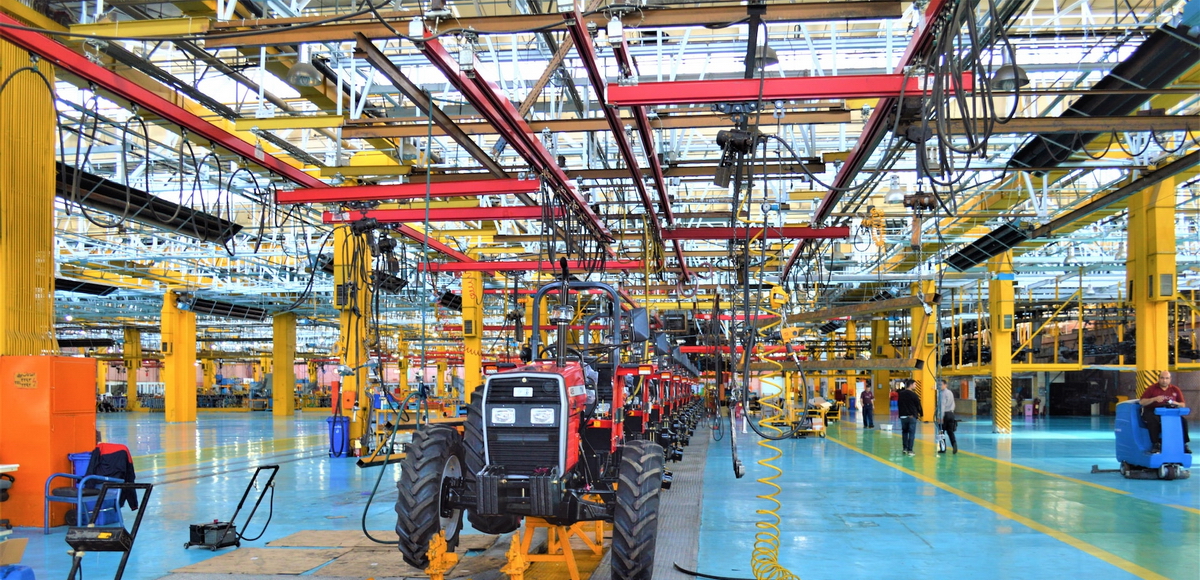
When it comes to industrial coatings, several common challenges can arise. One of the significant challenges is substrate surface preparation. If the surface is not adequately cleaned and prepared, the industrial coating may not adhere properly, resulting in premature failure.
It is crucial to thoroughly clean and sand the surface before applying the industrial coating. Another challenge is choosing the right type of industrial coating for the specific industrial application. Different coatings have different properties and are suitable for different environments, so selecting the one that best suits the particular needs and conditions is essential. Substrate and coating pairs are bridged to incorporate additives to aid in adhesion.
Correctly applying the coating s essential to avoid issues such as streaking, bubbling, or uneven coverage. It is recommended to carefully follow the manufacturer’s instructions and use proper application techniques to ensure a smooth and uniform coating.
Well-run paint lines ensure coating projects have acceptable thickness averages. Regular maintenance and inspections are necessary to identify potential issues or damages and take appropriate measures to rectify them before they become significant problems.
Tips for addressing adhesion issues, curing problems, and more
Adhesion issues and curing problems can be significant headaches in various applications. Some helpful tips can be employed to address these issues effectively. Ensuring that the surface is clean and free from any contaminants is crucial.
Proper cleaning and preparation of the surface will promote better adhesion. Select the appropriate adhesive or curing agent for the specific material and application. Different materials may require different adhesive properties or curing durations, so it is crucial to choose the right product accordingly.
A spray gun positioned too close to the surface causes a defective look. The optimal industrial coating requires clean spray tips and filters, regularly flushed airlines, and strong pump seals. A prescribed bake temperature is needed to cure the coatings. Providing sufficient time for curing is critical to ensure that the adhesive or coating has fully cured. Rushing the curing process can lead to weak adhesion or curing issues.
Controlling and monitoring the environmental conditions, such as temperature and humidity, during the adhesion and curing process can significantly impact the final results. Extreme temperatures may cause thermal degradation.
What are the safety considerations when working with industrial coatings?

When working with industrial coatings, several safety considerations need to be considered. Proper personal protective equipment (PPE) should be worn at all times. PPE includes gloves, protective clothing, safety goggles, and masks to protect against hazardous fumes and splashes of chemical processes. Working in a well-ventilated area is vital to reduce the risk of inhaling harmful vapors.
Some industrial coatings may also pose a fire hazard, so it is crucial to have fire extinguishers readily available and to work in areas free of any potential ignition sources. Following the manufacturer’s instructions and guidelines when handling and storing industrial coatings is vital to prevent accidents or exposure to hazardous substances.
Manufacturers choose industrial coatings for substrates that require food safety regulation compliance. Regular training on handling techniques and emergency procedures should also be provided to all employees working with industrial coatings to ensure their safety and the safety of those around them.
What are the latest trends and innovations in industrial coatings?
The shift to eco-friendly products includes using water-based coatings instead of solvent-based alternatives, which are known to release harmful volatile organic compounds (VOCs). Manufacturers are developing long-lasting coatings resistant to wear and tear, reducing maintenance and replacement costs.
Innovations in nanotechnology have also led to the development of custom industrial coating formulations with enhanced properties such as increased hardness, improved corrosion resistance, and self-cleaning abilities. These coatings can be applied on various substrates, including metal, concrete, and plastics, making them versatile and suitable for multiple industries.
Rapid technological advancements have also paved the way for using coatings with specialized functions, such as antimicrobial coatings that inhibit the growth of bacteria and viruses. The latest trends and innovations in industrial coatings are driven to meet the ever-increasing demands of various industries.
Material, substrate, environment, and more
When designing and developing a product, it is crucial to consider various factors such as material, substrate identification, and environment. The choice of coating materials significantly impacts the product’s durability, strength, and overall performance.
Different materials offer unique properties, such as conductivity, flexibility, or resistance to temperature extremes. The substrate on which the product will be placed should be carefully chosen to ensure compatibility and proper functioning. Considering the environment in which the product will be used is equally important. Factors like the correct temperature, humidity, and exposure to elements can affect the product’s performance and longevity.
Environmental considerations go beyond the product’s lifecycle and include aspects like energy consumption, waste generation, and recyclability. Considering these factors during the design stage ensures that the final product satisfies the quality inspection standards of its intended application, performs optimally, and minimizes its impact on the environment. Contact Extreme Industrial Coatings for further information about industrial coatings.

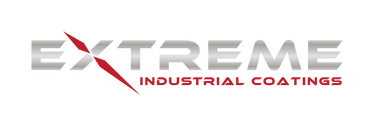
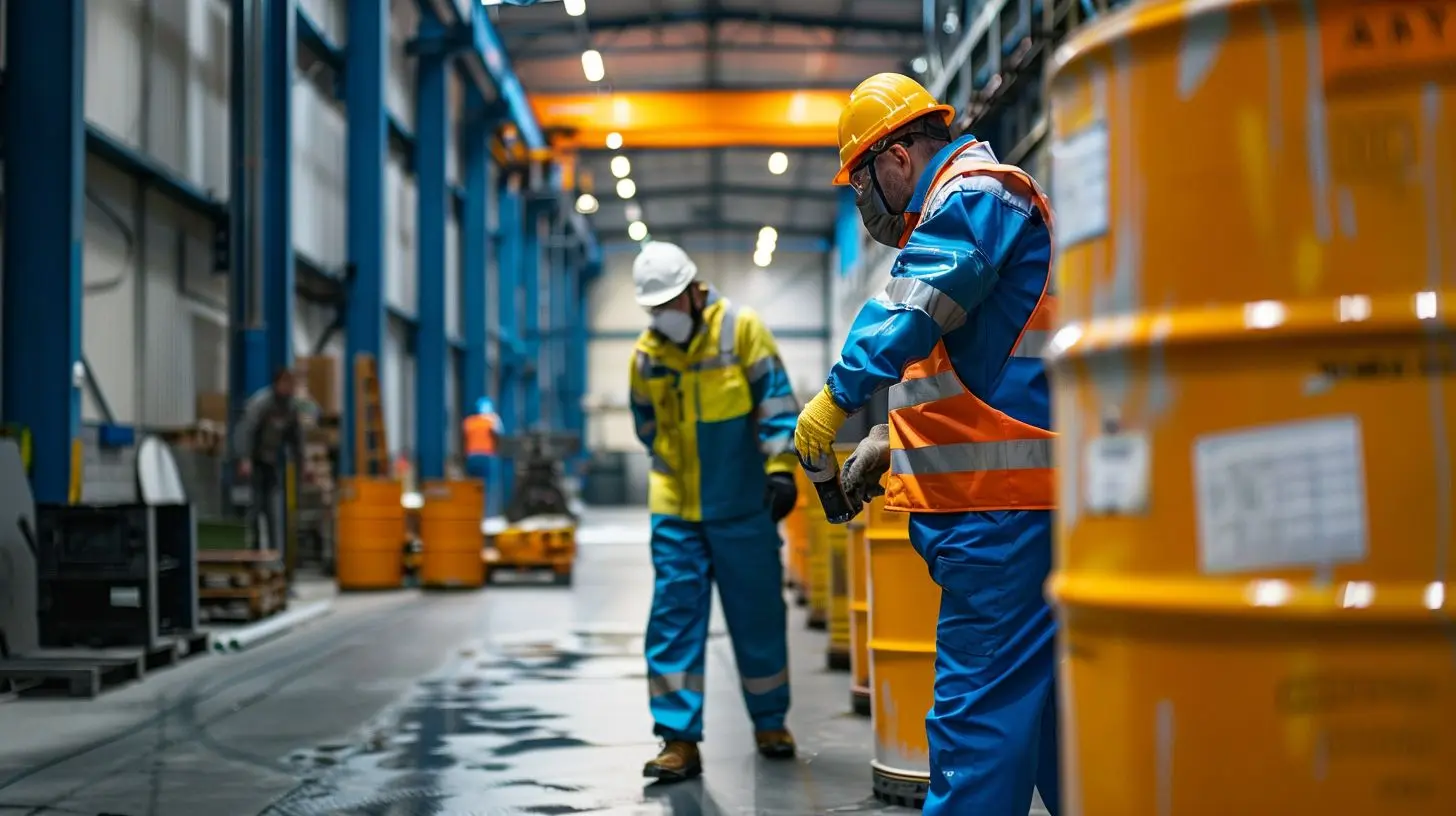
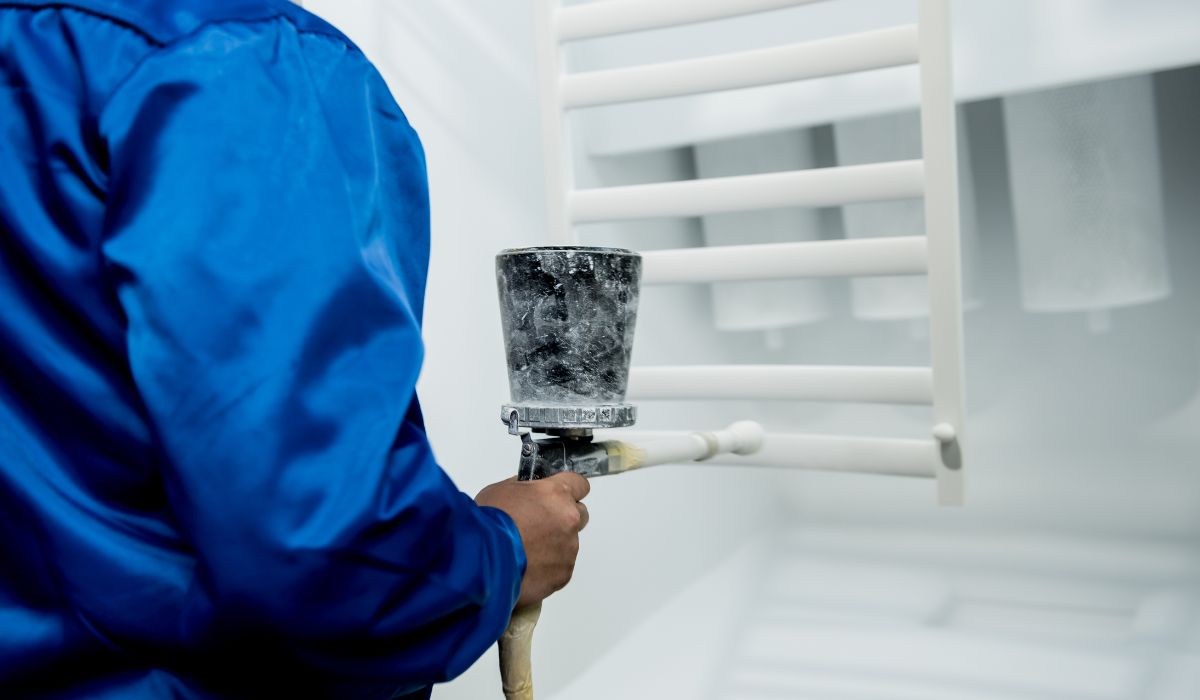
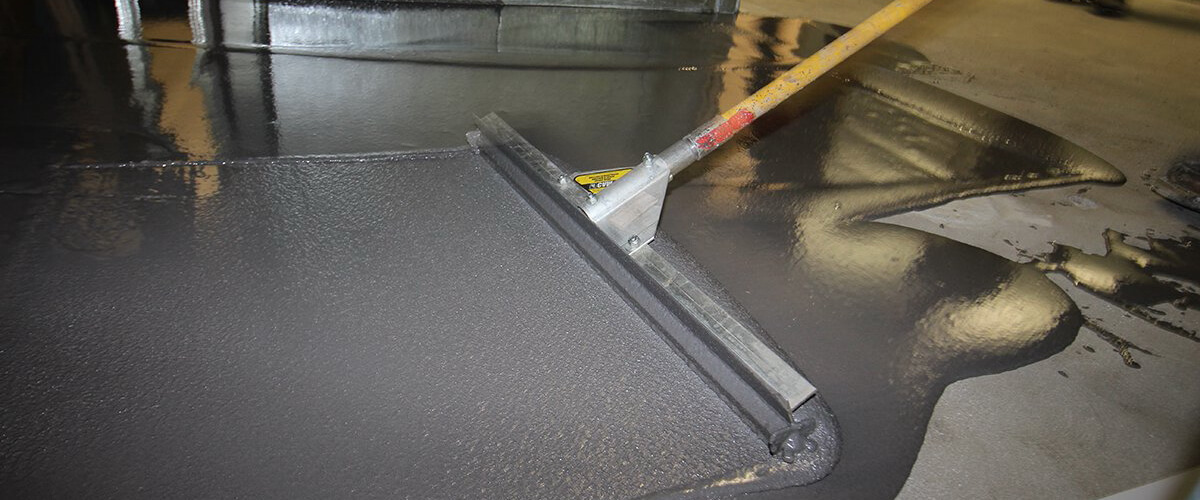
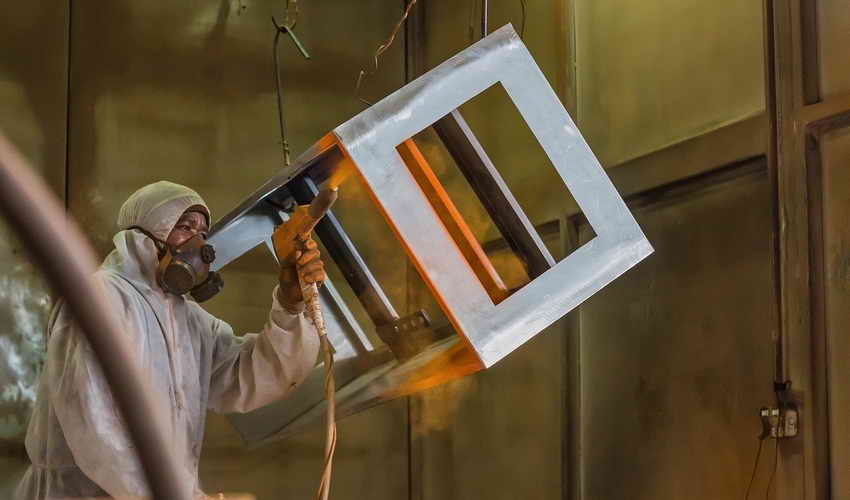
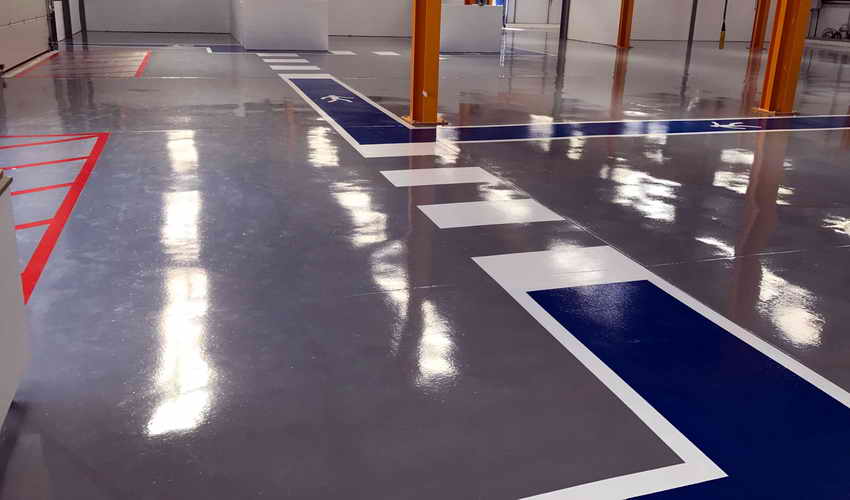
Leave A Comment